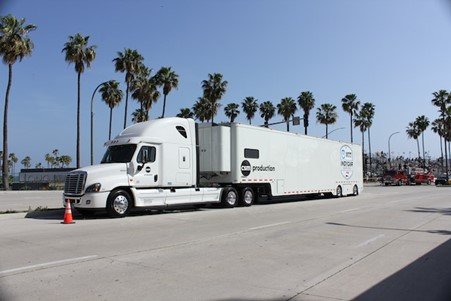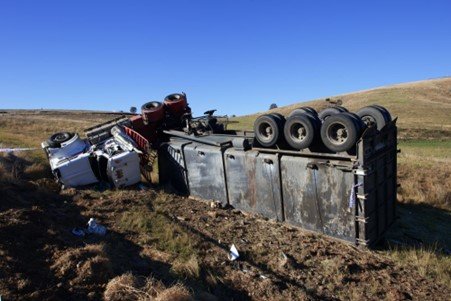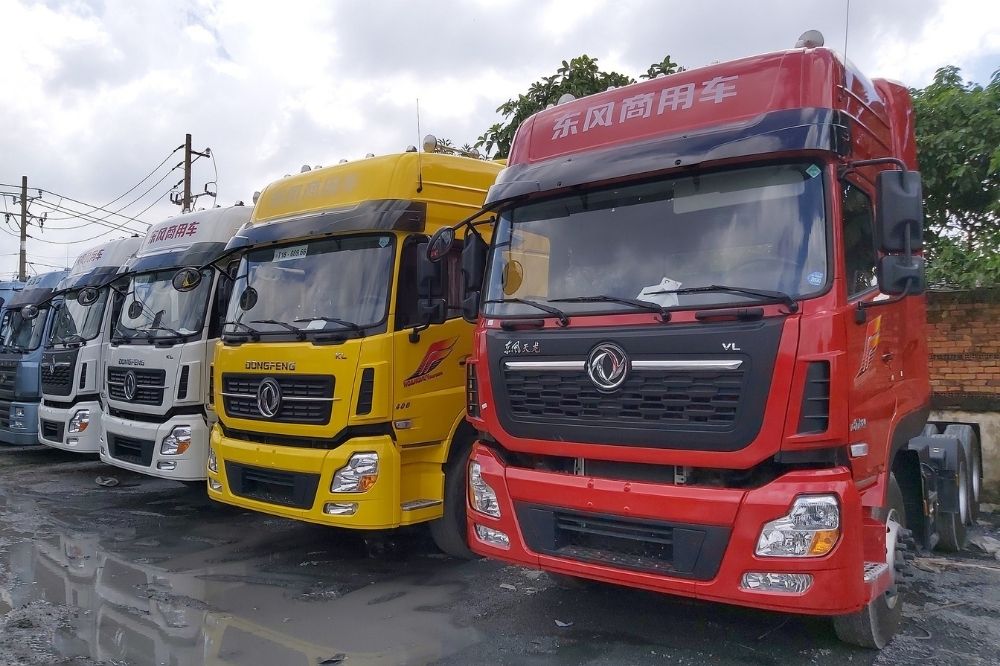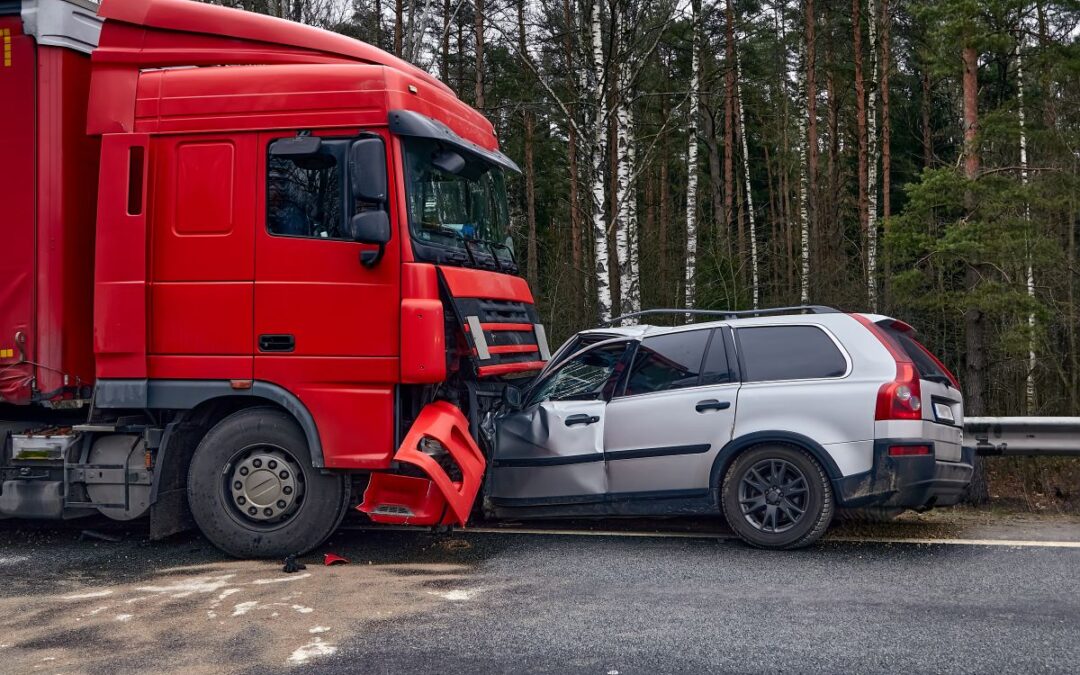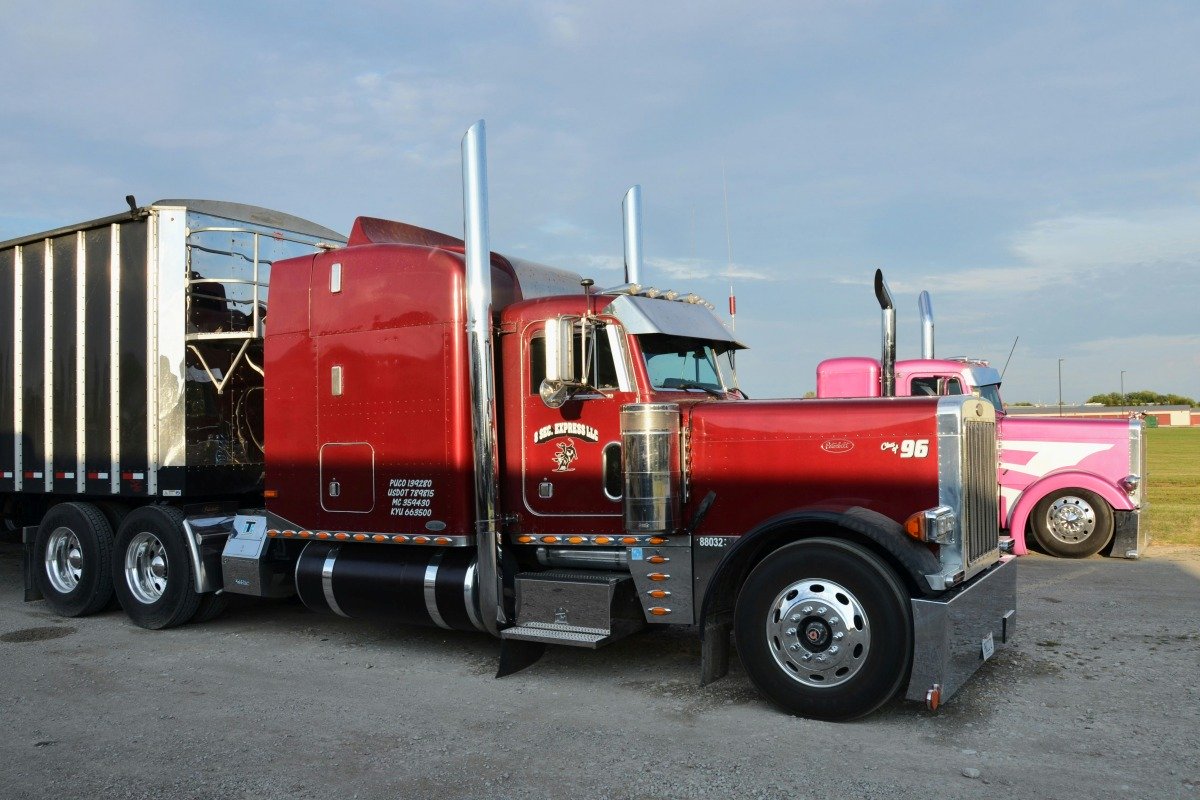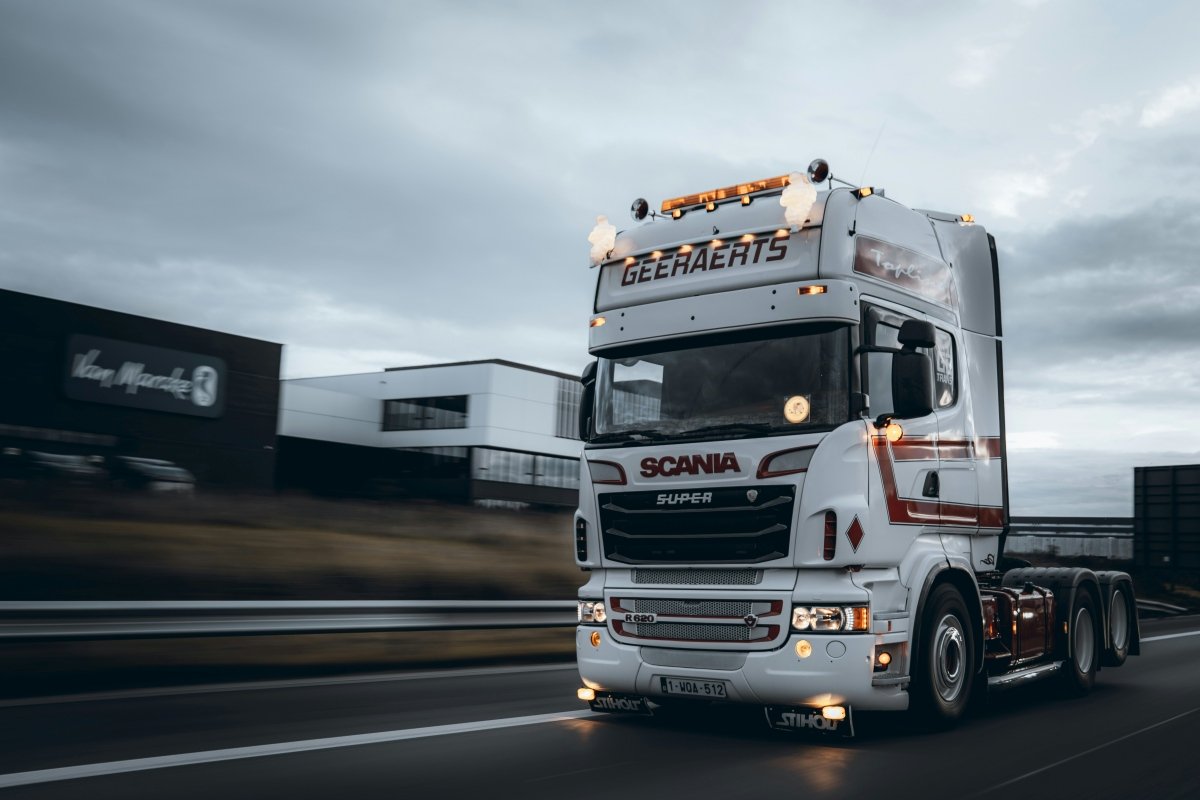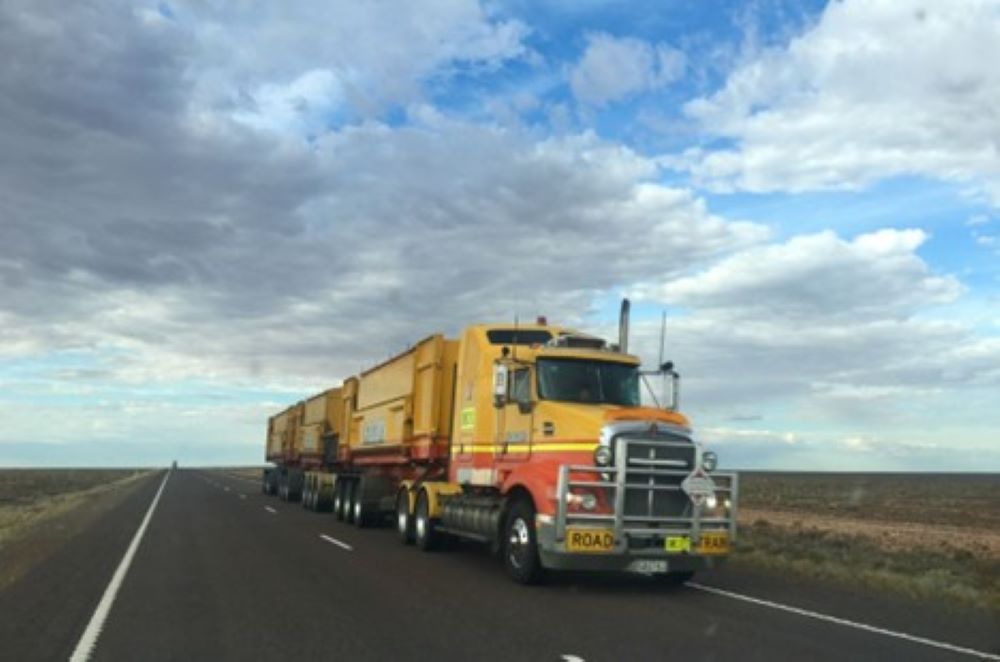How much does a truck driver make? This is a common question for job seekers in the transportation industry.
A commercial truck driver’s salary can vary in a pretty big way. This just depends on factors like what kind of vehicle you’re driving, what you’re hauling, what kind of truck driving distances you’re covering, how experienced you are, and so on.
In this guide, we’ll explore the average truck driver’s salary, as well as break down some of the critical elements that influence a truck driver’s salary.
What Influences a Commercial Truck Driver Salary?
Many different factors influence what truck drivers earn. This is because being a truck driver is an incredibly versatile job, with all kinds of different types of truck drivers out there.
Before we get into the average salary for truck drivers, let’s first explore some of the main factors that influence truck driver salaries.
Experience
One of the most significant factors that influence the average base salary of a truck driver is experience.
Entry-level drivers might earn less than those with many years of experience. Experienced drivers often have a better understanding of the industry. They could be more reliable, more efficient, and more valuable to trucking companies. This means more experienced drivers have a good chance of taking higher-paying positions.
Type of Trucking
There are many different types of commercial truck drivers out there, and the type of trucking you’re involved in can affect your pay.
Some drivers work in long-haul trucking, which might involve extended periods away from home but often pays more.
There could also be additional benefits to long-haul truck driving, such as food and accommodation allowances. While this doesn’t necessarily mean you earn more, it could reduce your living expenses if you’re on the road for long enough.
Local or regional trucking jobs might offer more predictable schedules and less time away but could have slightly lower pay than drivers who cover long distances.
The trucking industry is diverse, with all kinds of different routes, schedules, and types of trucking available. Generally speaking, the more time you spend driving, the more you will get paid. Of course, this is not a hard and fast rule.
What You’re Hauling
The transportation industry includes truckers that haul all kinds of different goods. Some truck drivers require special licenses and training to haul specific loads, which generally results in higher-paid roles.
For example, hazmat truck drivers or drivers of oversized loads will earn more, as they are more specialized. Truck drivers in more dangerous conditions, like ice road truckers, will likely also earn more than a regular truck driver.
Any type of truck driving that requires specialist knowledge and skills will probably generate more money. Pay could also vary based on the type of semi-truck you’re driving.
Company Size
Like any job, a truck driver’s salary can vary greatly depending on the company they work for.
The size and reputation of the trucking company play a big role in compensation. Larger, well-established companies might offer more competitive pay and benefits packages. Small-scale transportation companies might offer a lower salary.
If you’re an owner-operator, then how much you earn comes down to how much work you’re able to take on, and what kind of work you focus on.
Location
Salaries can vary greatly based on the region – each state pays truck drivers differently. Areas with a higher cost of living and greater demand for trucking services might offer higher pay to attract drivers.
It’s also important to understand that long-distance truck drivers often drive across multiple states or even countries. The average truck driver salary of these drivers that span multiple locations is often higher than regional truck drivers on shorter routes.
Benefits
When looking at the average salary of a truck driver, you also need to consider the full benefits package that may be available.
Some trucking companies offer additional benefits such as health insurance, retirement plans, and bonuses, which can impact the overall compensation package. A truck driver’s salary may often only be one portion of their entire compensation, so it’s important to understand the full picture.
Mileage vs. Hourly Pay
Companies hiring truck drivers make payments in different ways. Some trucking jobs pay drivers based on the number of miles driven, while others offer hourly wages.
Hourly pay might be more favorable in situations where drivers spend a lot of time waiting (e.g., at loading docks) or in traffic. However, drivers who earn based on their miles will earn more if they drive more.
So, there could be a broad range in pay when you compare regional drivers and local drivers against long-distance truckers.
Average Commercial Truck Driver Salary
Now that we know what influences a commercial truck driver’s salary, let’s look into how much a truck driver earns.
According to Talent.com, the average salary for a truck driver in the US is $62,483 per year. This is the median average salary, with the high end being $89,186 for top earners, and the low end being $48,750.
According to Indeed, the average base salary of a truck driver is $1551 per week. This could be broken down as:
- $0.48 – $0.75 per mile for a company team driver
- $0.40 – $0.64 per mile for a company solo driver
- $0.94 – $1.79 per mile for an owner-operator driver
Indeed emphasizes the difference in pay between beginner truck drivers and more experienced commercial drivers.
Conclusion
This guide should give you a good idea of the average pay you can expect as a truck driver. Of course, this could vary greatly for solo drivers, ice road truckers, owner-operators, specialist truck drivers, and more.
Whatever the case, make sure you’re paid fairly when taking on a truck driving job.
Interested in buying a semi-truck and starting your own trucking business? Get in touch with us at Mission Financial, where we can help you gain financing for your commercial vehicle needs.




